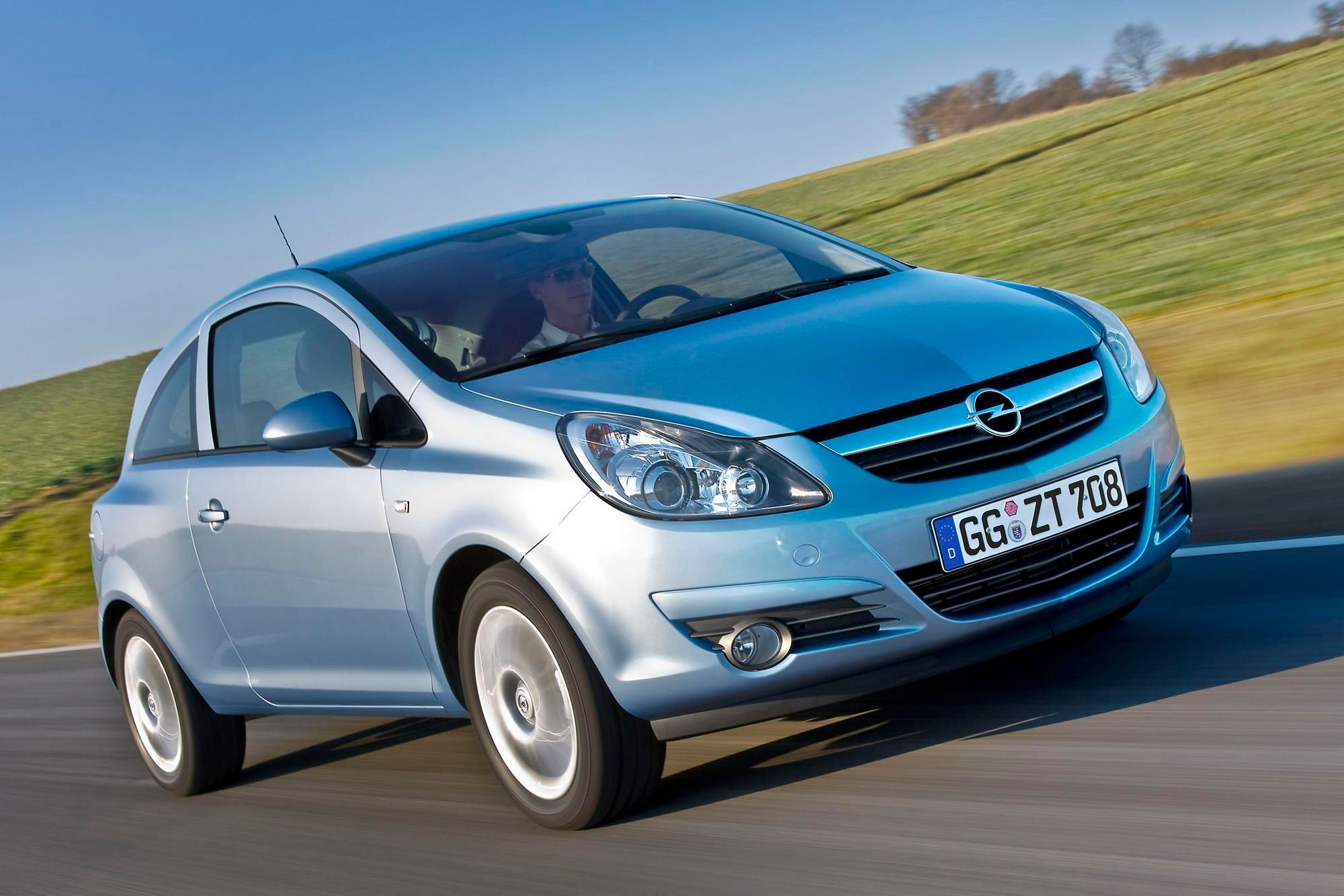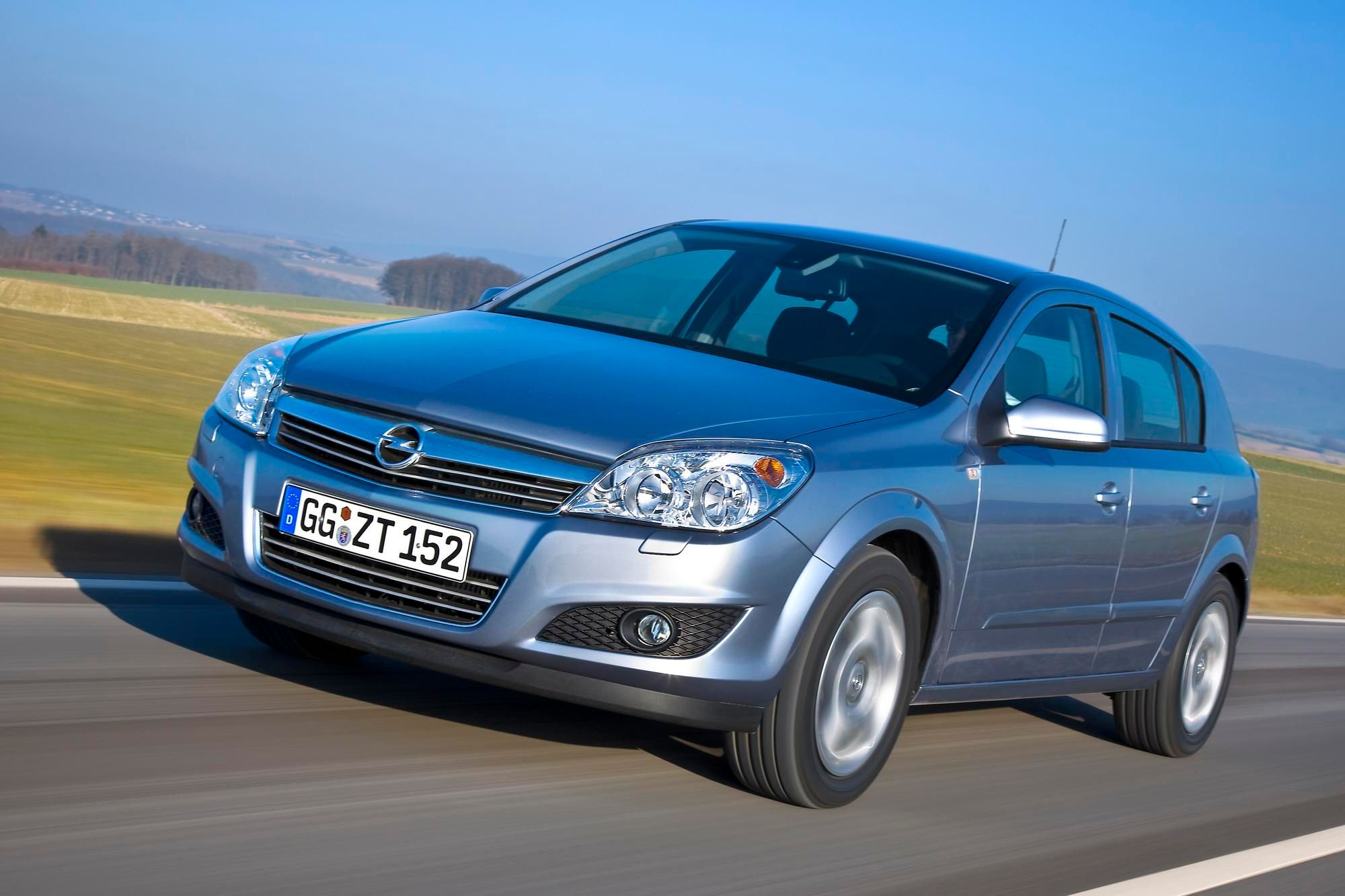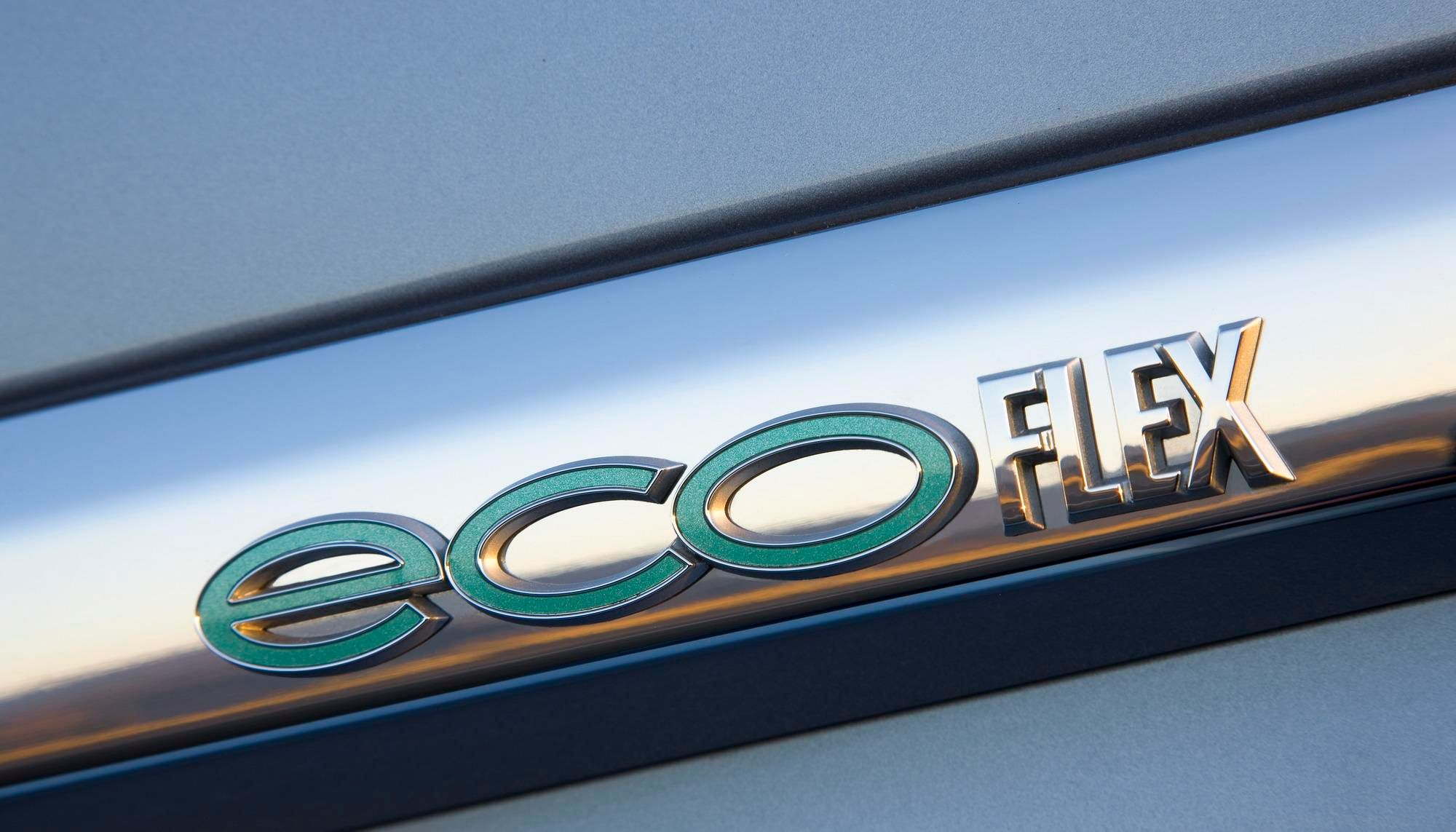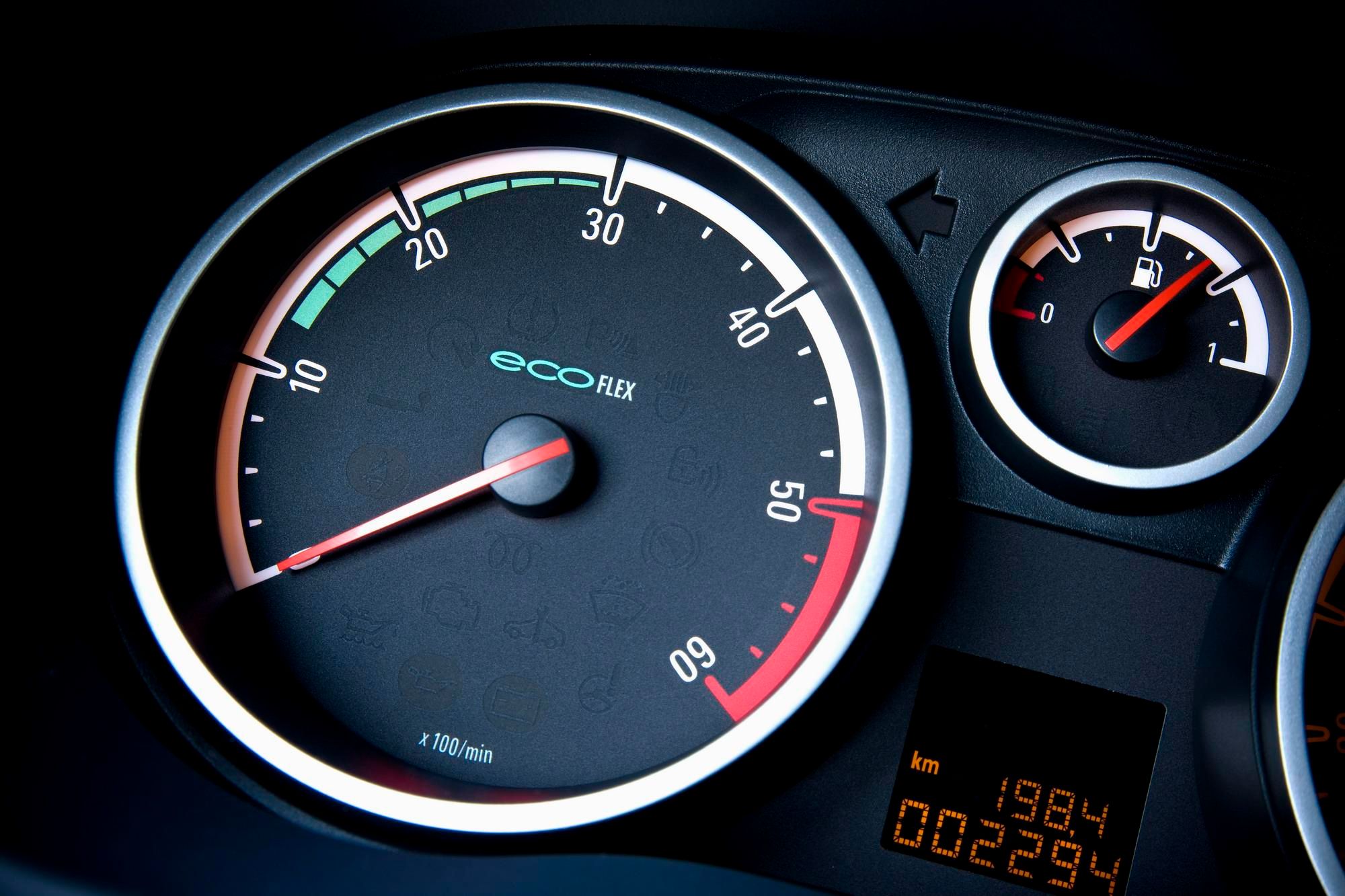Opel revealed today two new models to its line-up: the ecoFlex version for the Corsa->ke1594 and Astra->ke1220. With a CO2 emissions of just 109 (Corsa 1.3 CDTI ecoFLEX) and 119 g/km (Astra 1.7 CDTI ecoFLEX), the two models require just 4.1 and 4.5 liters of diesel, respectively, per 100 km (that is about 58 mpg for the Corsa and 52 mpg for the Astra).
While these figures are impressive, they still do not beat Volkswagen's Bluemotion diesel technology. But for Opel this is a step in the right direction for the European car buyer. Also if high millage diesels gain traction in the U.S., Opel may end up sharing the technology with some of its other General Motors cousins.
Press release after the jump.
2008 Opel Corsa and Astra ecoFLEX
- Make: Array
- Model: 2008 Opel Corsa and Astra ecoFLEX
- [do not use] Vehicle Model: Array
Press release
Opel introduces new pro-environmental ecoFLEX variants of the Corsa and Astra for model year 2009. With CO2 emissions of just 109 (Corsa 1.3 CDTI ecoFLEX) and 119 g/km (Astra 1.7 CDTI ecoFLEX), the two are real fuel-efficiency stars, requiring just 4.1 and 4.5 liters of diesel, respectively, per 100 km.
Both cars are fitted with a maintenance-free diesel particulate filter as standard. The automaker is pursuing an array of activities as part of its commitment to further reduce fuel consumption and emissions of cars with conventional combustion engines.
“At Opel, environmental consciousness means offering clever technological innovations at affordable prices, making them accessible to as many customers as possible. Corsa and Astra ecoFLEX are the newest examples of our strategy and directly address the needs of buyers in high-volume segments,” Hans Demant, Managing Director Adam Opel GmbH, says.
Corsa 1.3 CDTI ecoFLEX: CO2 emissions reduced by 10 g/km
Thanks to improved engine control and lower vehicle weight, Opel reduced fuel consumption and CO2 emissions of the Corsa 1.3 CDTI ecoFLEX by around nine percent. Its combined fuel consumption is now just 4.1 instead of 4.5 liters of diesel per 100 kilometers, and at 109 g/km, it emits 10 grams less CO2 per kilometer than before.
The Corsa and Astra ecoFLEX use a similar recipe to reduce fuel consumption and emissions. On the Corsa, the calibration of the 1.3 CDTI engine is optimized and adapted to a longer transmission gear ratio. To improve its aerodynamics, the car is lowered by 20 mm, air intakes are optimized and wheels are fitted with newly designed, more effective wheel caps. The Corsa ecoFLEX is also equipped with special roll resistance optimized smaller tires: 175/70 instead of 185/70, fitted to lighter - flow formed - 14” steel wheels. Engineers have paid extra attention to the weight reduction, shaving off no less than 45 kg. The optimized wheels and tires, for instance, allowed to reduce weight by 7.2 kg alone.
The Corsa ecoFLEX is available with five-speed manual transmission as a three door model in the equipment variants Corsa and Edition. Its performance figures are similar to its predecessor: 55 kW/75 hp output, maximum torque of 170 Nm and a top speed of 168 km/h.
New Astra 1.7 CDTI ecoFLEX: Higher performance, lower CO2 emissions
The new Astra 1.7 CDTI ecoFLEX is available as five-door, three-door and station wagon models which come with a six-speed manual transmission. The especially economical compact car sips just 4.5 liters of diesel per 100 km and emits 119 g/km CO2. Yet the 1.7 CDTI common-rail diesel has maximum output of 81kW/110 hp, torque of 260 Nm at 2000 rpm and a top speed of 188 km/h – proving that driving can be as friendly to the motorist as it is to the environment.
GM engineers achieved this by modifying the Astra 1.7 CDTI in a number of ways: They selected a longer axle ratio, optimized the engine management system and reduced the engine idle speed. Weight being the enemy, the curb mass of the new Astra ecoFLEX has been reduced by 30 kg.
Moreover, engineers improved aerodynamics by lowering the chassis, optimizing the front air intake and including a drag reducing lower engine compartment panel. They also reduced the power steering pump idle speed and fitted low rolling resistance 15-inch tires (16-inch optional).
Holistic approach to increasing efficiency and optimizing consumption
The Corsa and Astra ecoFLEX models demonstrate that fuel consumption can be reduced with the help of affordable, intelligent technology. In addition to the research and development of alternative propulsion systems, GM engineers continue working on increasing the efficiency of cars with conventional powertrains. This doesn’t just apply to the engine, but also to the interplay of all consumption-relevant components.
The two cars will be available before the end of 2008. In summer 2009, Opel also will introduce the ecoFLEX version of the new top model Insignia, bringing a low fuel consumption and exhaust emissions together with high comfort and driving performance to the mid-size class.






